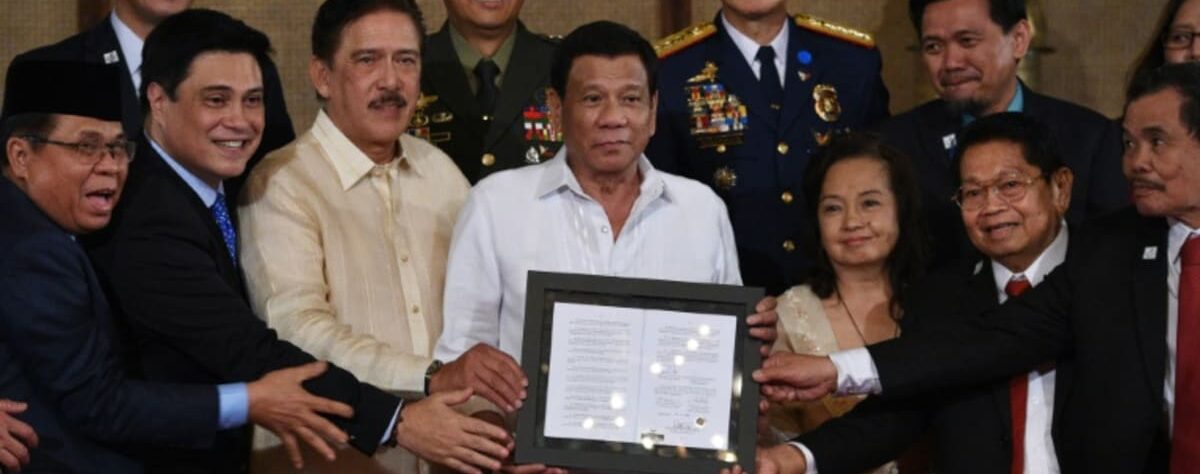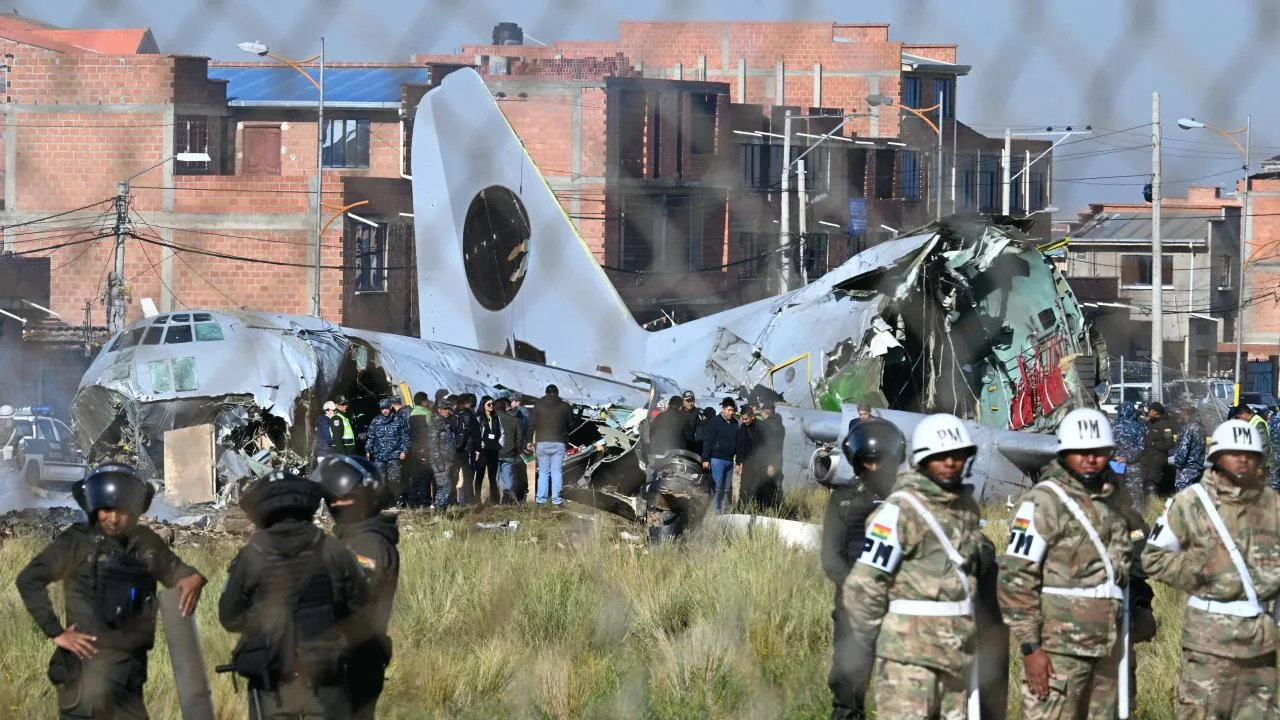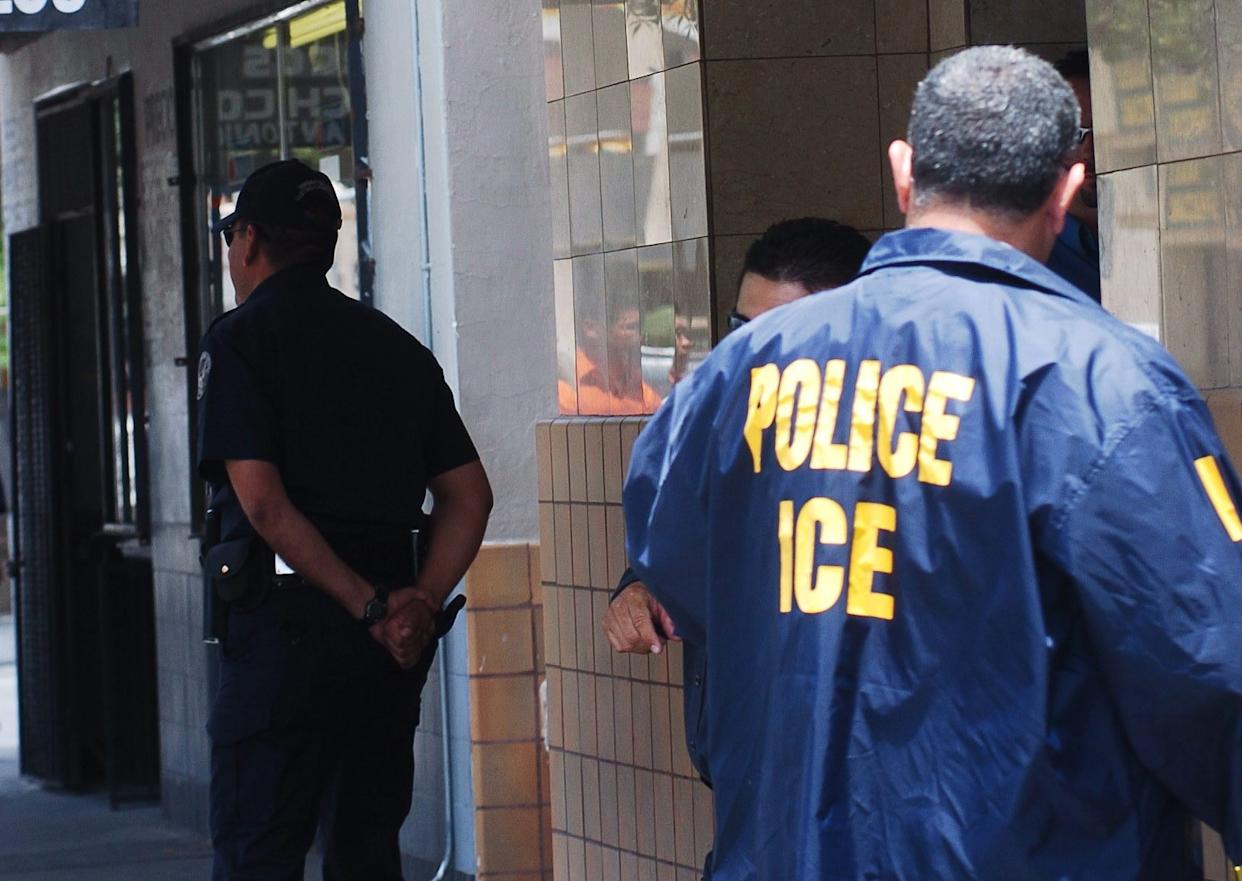International
Philippines postpones self-rule vote in restive Muslim region

AFP
The Philippine government said Friday it will postpone elections key to ending decades of sectarian bloodshed in a troubled Muslim region, with the pandemic and a stalling peace process blamed for the delay.
The vote was a key provision in a 2014 peace agreement aimed at ending a conflict estimated to have claimed 150,000 lives and was due to take place next May in the Bangsamoro Autonomous Region in Muslim Mindanao.
But former rebels from the Moro Islamic Liberation Front (MILF) group appointed to lead a transitional government have said they needed more time before elections to a local legislature can go ahead and the vote will instead be held in 2025.
“President Rodrigo Roa Duterte signed… (the bill) yesterday resetting the elections in the Bangsamoro Autonomous Region in Muslim Mindanao to 2025,” his spokesman Harry Roque told reporters.
The law grants Duterte the authority to appoint members of the 80-member transition authority whose terms would end with the 2025 election, Roque said.
Former MILF rebels have warned that the failure of the peace process would likely draw disillusioned Muslim youths in the region towards the more hardline Islamists still waging an armed campaign in the southern Philippines.
But restrictions imposed because of the pandemic and the transitional government’s inability to draw up an election code had left them with little choice but to delay the poll, Georgi Engelbrecht, senior analyst for the Brussels-based peace monitor International Crisis Group, told AFP last month.
“The extension is not the most perfect solution but nonetheless it’s a start,” he said.
A report by the monitor warned in April that the process of decommissioning the MILF’s 40,000 fighters was “sputtering”, with fewer than a third having laid down their weapons.
And the Duterte government “has been slow to distribute to them the economic packages meant to entice them to cooperate”, it added.
Violence has also persisted despite the peace deal, with radical Islamic groups setting up shop in what remains the poorest part of the country.
In May 2017, hundreds of pro-Islamic State foreign and local gunmen seized Marawi, the country’s largest Muslim city.
The Philippine military wrested back the ruined city after a five-month battle that claimed more than a thousand lives.
An insurgency first emerged in the mainly Catholic Asian nation in the early 1970s as a bid to set up a separate Muslim state in the Mindanao region, though the rebels later scaled down their goals to autonomy.
An earlier peace treaty between Manila and a rival Muslim rebel faction had created a self-ruled area in 1996, but it was hampered by a lack of funding and corruption while the MILF fought on.
The new entity is better-funded and slightly larger. The national government retains police powers.
International
Bolivia Orders Three Investigations Into Deadly Military Plane Crash

Bolivia’s Defense Minister Marcelo Salinas announced Monday that three separate investigations will be conducted into Friday’s crash of a military cargo aircraft at El Alto International Airport, near La Paz, which left at least 22 people dead.
The Hercules aircraft, operated by the Fuerza Aérea Boliviana (FAB), was transporting cash intended for the Central Bank of Bolivia when it overshot the runway after landing from the city of Santa Cruz. The plane reportedly traveled nearly one kilometer beyond the airport perimeter.
The incident sparked chaotic scenes, with individuals attempting to collect scattered banknotes. Authorities detained 51 people in the aftermath, and the government declared three days of national mourning.
Multiple Investigations Underway
The first inquiry is being led by a military board from the Bolivian Air Force, which has already taken custody of the aircraft’s black box for analysis.
Minister Salinas said two additional investigations will follow — one conducted by the insurance company and another by the aircraft’s manufacturer.
“At least two more investigations will come, that of the insurance company and that of the aircraft manufacturer,” Salinas said during a press conference in Santa Cruz.
He cautioned that the investigative process could take between three and six months, noting that the black box cannot be opened in Bolivia due to the lack of specialized laboratories for analysis.
Awaiting Official Findings
Salinas stressed that the FAB investigative board is the highest authority in the case and urged the public to wait for its conclusions to avoid speculation about the causes of the crash.
He also confirmed that the government has contacted the families of the 22 victims and the 37 injured, as well as the owners of 15 damaged vehicles, to coordinate procedures with the insurer and cover the corresponding expenses.
International
Mexico Calls for Immediate Probe After National Dies in ICE Custody

Mexico’s Secretaría de Relaciones Exteriores (SRE) on Monday called on U.S. authorities to conduct an “immediate and thorough” investigation into the death of a Mexican national while in custody of U.S. Immigration and Customs Enforcement (ICE) at a processing facility in California.
In a statement, the Mexican government described the death as “regrettable” and urged U.S. officials to clarify the circumstances surrounding the case in order to “determine responsibilities and ensure that such events do not happen again.”
Death at Adelanto Processing Center
According to available information, the Mexican citizen died at the Adelanto Processing Center in California while under ICE custody. Authorities have not yet released the individual’s identity or the cause of death.
Following the incident, Mexico’s Foreign Ministry formally requested “detailed information” from U.S. authorities, including the detainee’s medical records and custody reports.
Consular Assistance Activated
The Mexican Consulate in San Bernardino, California, has activated consular assistance protocols to provide ongoing support to the deceased’s family. Officials have contacted relatives to express condolences and offer legal guidance, as well as assistance with the necessary procedures to repatriate the remains.
“The handling of situations like this and the establishment of mechanisms to resolve them are priorities for the Government of Mexico,” the Foreign Ministry said, adding that it will formally request an investigation into any systemic conditions that may have contributed to such incidents.
Local Mexican media reported that seven Mexican nationals died while in ICE detention last year — the highest number recorded since the agency was created.
International
Anti-ICE Billboard Campaign Targets Immigration Spending in 31 U.S. Cities

More than 200 billboards criticizing U.S. Immigration and Customs Enforcement (ICE) began appearing Monday in 31 cities across the United States, including Miami, as part of a campaign highlighting the high cost of immigration enforcement operations for taxpayers.
The initiative, titled “ICE Costs Us,” was launched by the civil rights organization Mijente and will run for four weeks.
Criticism of Spending and Enforcement Tactics
The billboards feature images of ICE agents during arrests or carrying military-style weapons. According to the organization, spending on military-grade equipment for the agency has increased by 600 percent in recent years.
Several signs display messages such as:
“Your taxes are being wasted” and “ICE’s cruelty costs you $28 billion,” referring to the agency’s annual budget.
In a statement, Marisa Franco, co-founder of the Mijente Support Committee, said:
“For too long, our government has prioritized building cages and investing billions in an immigration enforcement apparatus that has left families torn apart and communities terrified.”
She added that “Millions of Americans are living paycheck to paycheck, yet this violent agency continues operating with a blank check. These decisions do not make us safer nor improve our economic security. Our billboards highlight these choices and demand a different path.”
Budget Debate and Medicaid Comparison
The campaign also draws a comparison between ICE’s funding and the estimated 17 million people who could lose health coverage under Medicaid due to federal budget cuts under President Donald Trump.
Other billboard messages seen in various cities include:
“They get billions to beat us; we get layoffs and rising rents” and “Funding ICE is a fast track to fascism.”
Organizers say the goal is to spark public debate about the allocation of federal funds for immigration enforcement and the broader economic and social impact of such policies on communities nationwide.
-

 International2 days ago
International2 days agoIran Reports 201 Dead, 747 Injured After U.S. and Israeli Strikes
-

 International5 days ago
International5 days agoCocaine Production Surges 34% in 2023 as Market Expands into Africa and Asia
-

 International4 days ago
International4 days agoTrump Floats “Friendly Takeover” of Cuba Amid Rising Tensions
-

 International2 days ago
International2 days agoPope Leo XIV Urges End to ‘Spiral of Violence’ in Middle East
-

 Sin categoría3 days ago
Sin categoría3 days agoTrump: ‘We Think It’s True’ Amid Claims Iran’s Supreme Leader Was Killed
-

 International3 days ago
International3 days agoSecurity Council to Hold Emergency Meeting on Middle East Crisis
-

 International20 hours ago
International20 hours agoBrazil’s Supreme Court Rejects Bolsonaro’s Bid for House Arrest
-

 International5 days ago
International5 days agoFederal Judge Blocks Trump Policy Allowing Deportations to Third Countries
-

 International4 days ago
International4 days agoArgentina’s Senate Reviews Milei-Backed Labor Overhaul
-

 International20 hours ago
International20 hours agoAnti-ICE Billboard Campaign Targets Immigration Spending in 31 U.S. Cities
-

 International5 days ago
International5 days agoClinton Accuses Republican Committee of Using Epstein Case to Shield Trump
-

 International20 hours ago
International20 hours agoTrump Warns of ‘Major Wave’ of Attacks as Iran Conflict Escalates
-

 International20 hours ago
International20 hours agoMexico Calls for Immediate Probe After National Dies in ICE Custody
-

 Central America20 hours ago
Central America20 hours agoPanama Canal Monitoring Trade as Middle East Conflict Disrupts Shipping
-

 International20 hours ago
International20 hours agoBolivia Orders Three Investigations Into Deadly Military Plane Crash




























